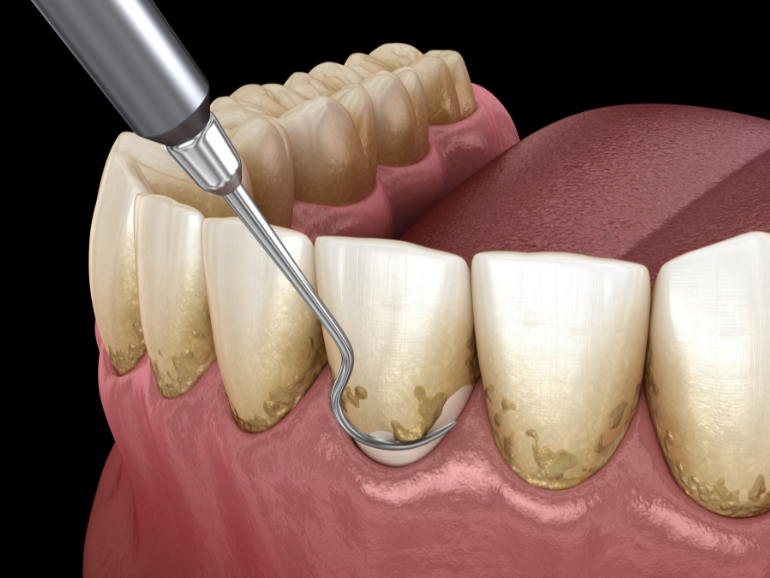By partnering with a periodontist, you can ensure that your gums receive the specialized care they need to stay healthy and strong. From routine cleanings to advanced surgical procedures, periodontics offers comprehensive solutions to keep your smile looking and feeling its best for years to come.
Periodontics is a specialized field of dentistry dedicated to the prevention, diagnosis, and treatment of diseases that affect the gums and supporting structures of the teeth. Periodontists are skilled in addressing conditions such as gingivitis and periodontitis, which can lead to gum inflammation, tissue damage, and tooth loss if left untreated. Through a combination of non-surgical interventions like deep cleanings and surgical procedures such as gum grafting and bone regeneration, periodontists strive to restore gum health and preserve the integrity of the teeth.
- Gum Disease Management: Periodontists are trained to identify and treat various stages of gum disease, helping to prevent its progression and maintain oral health.
- Surgical Treatments: In cases where non-surgical methods are insufficient, periodontists perform surgical procedures to address advanced gum disease and restore damaged tissue.
- Dental Implant Placement: Periodontists specialize in the placement of dental implants, providing patients with durable and natural-looking replacements for missing teeth.
- Cosmetic Gum Procedures: Beyond addressing health issues, periodontists offer cosmetic procedures to improve the appearance of the gums and enhance smile aesthetics.
Gum Disease
Advanced treatments for gum disease, ensuring thorough infection elimination and gum health restoration.
Dental Implants
Precise implant placement for permanent solutions for missing teeth, integrating seamlessly with your natural smile.
Gum Grafting
Restore lost tissue and improve smile aesthetics with expert gum grafting procedures.
Cosmetic Gum
Enhance your smile with cosmetic gum procedures for a more attractive appearance.
Periodontics is a specialized branch of dentistry focused on the prevention, diagnosis, and treatment of diseases that affect the gums and supporting structures of the teeth.
Common signs of gum disease include red, swollen, or bleeding gums, persistent bad breath, receding gums, and loose teeth.
In its early stages (gingivitis), gum disease can be reversed with proper oral hygiene and professional treatment. However, advanced stages may require more intensive intervention to manage.
Yes, factors such as smoking, poor oral hygiene, genetics, hormonal changes (such as during pregnancy), certain medications, and underlying health conditions can increase your risk of developing gum disease.
Dental implants can be a viable option for replacing missing teeth, even if you have gum disease. However, it's essential to first address any active gum disease before proceeding with implant placement to ensure the success of the treatment.




